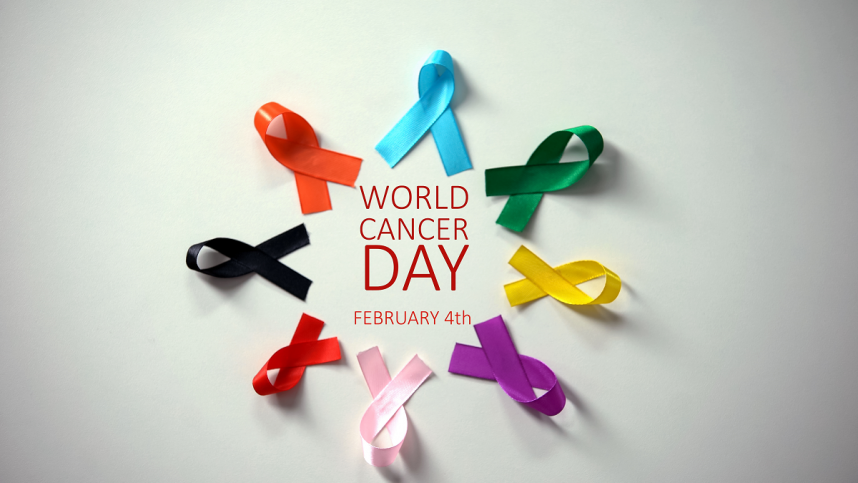
World Cancer Day on 4 February encourages cancer prevention globally and mobilizes action to address it. According to the European Commission’s Country Cancer 2025 reports for EU countries, Norway and Iceland, cancer survival rates have increased by 12% across the EU. However, cancer prevalence has increased by 24% and cancer inequalities persist across EU countries.
The reports find that about half of cancer cases are caused by four main cancer types: colorectal, lung, prostate, and breast. They also note some improvements in several cancer risk factors in the EU, including decreasing smoking rates and an overall decrease in alcohol use. Overweight and obesity, however, remain an increasing challenge, with over half of adults in the EU being overweight.
The EU is actively playing its part in tackling the disease. In 2021, it launched Europe’s Beating Cancer Plan. This has seen the establishment of several key initiatives to improve cancer prevention, early detection, diagnosis, treatment, and quality of life of cancer patients and survivors in the EU.
One of these initiatives, the European Commission Initiative on Breast Cancer, published the first official version of the European quality assurance scheme for breast cancer services, ahead of World Cancer Day. The scheme defines a set of quality requirements for breast cancer care, covering screening, diagnosis, treatment, and follow-up across the EU.
On World Cancer Day, Commissioner Várhelyi is hosting his first Youth Policy Dialogue, with 30 young cancer survivors and young cancer professionals. The Dialogue is an occasion for the participants to share their views on EU health policies and programs in the field of oncology and discuss how health policy can better serve cancer patients and survivors.
Meanwhile, Sofia - now working in communication at the European Research Executive Agency - is drawing hope from an ongoing research project funded under the EU's Marie Sklodowska Curie Actions program. Their 'superglue' treatment could help the immune system fight cancer more effectively, with fewer side effects.